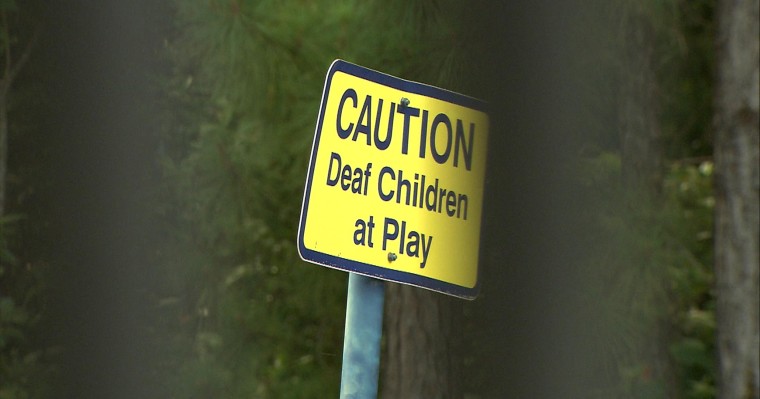Gene therapy for deafness is moving closer to reality, with new research on Wednesday showing the technique for fixing faulty DNA can improve responses in mice with genetic hearing loss.
Separately, drug-maker Novartis is testing a different form of gene therapy in people who have lost their hearing through damage or disease.
After missteps in the late 1990s and early 2000s, when safety scares set back research, gene therapy is enjoying a renaissance, with positive clinical results recently in conditions ranging from blood diseases to blindness.
"We are somewhat late in the auditory field but I think we are getting there now," said Tobias Moser of the University Medical Center Gottingen, Germany, who was not involved in the new research. "It's an exciting time for gene therapy in hearing."
There are currently no approved disease-modifying treatments for disabling hearing loss, which affects 360 million people, or 5 percent of the world's population, according to the World Health Organization.
Hearing aids can amplify sounds, while cochlear implants turn sounds into electrical signals for the brain to decode, but such devices cannot fully replicate natural hearing.
Much of the hearing loss in older people is noise-induced or age-related, but at least half of deafness that occurs before a baby learns to speak is caused by defects in one of more than 70 individual genes.
It is these infants Swiss and U.S. researchers hope to help, after showing that replacing a mutated gene improved the function of hair cells of the inner ear and partially restored hearing in deaf mice.
Scientists from the Ecole Polytechnique Federale de Lausanne and the Boston Children's Hospital, who reported their work in the journal Science Translational Medicine, tested hearing in newborn mutant mice by seeing how high they jumped when startled by a noise.
The team focused on a gene called TMC1, which is a common cause of human genetic deafness, accounting for 4 to 8 percent of cases. But other forms of hereditary deafness could also be fixed using the same strategy.
Jeffrey Holt of Boston Children's said the technique still needed "tweaking" but he hopes clinical trials will start within five to 10 years.
Work at Novartis is more advanced, with the first patient treated last October in an early-stage clinical trial that will recruit 45 people in the United States, with results due in 2017.
The Swiss company's product, acquired in a 2010 deal with GenVec worth up to $214 million, delivers a gene called Atoh1 that acts as a master switch for turning on the growth of inner ear hair cells that are central to hearing.
